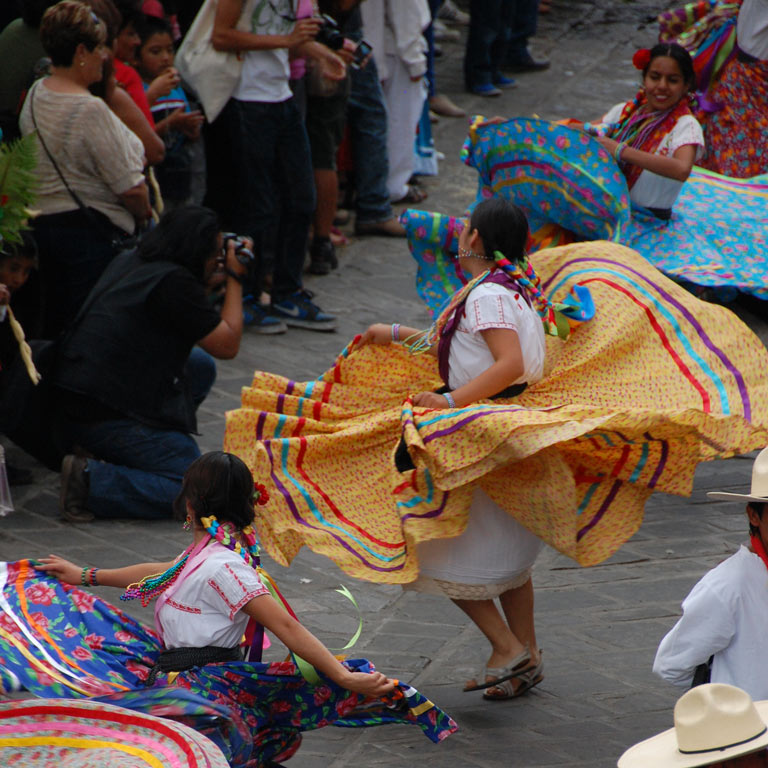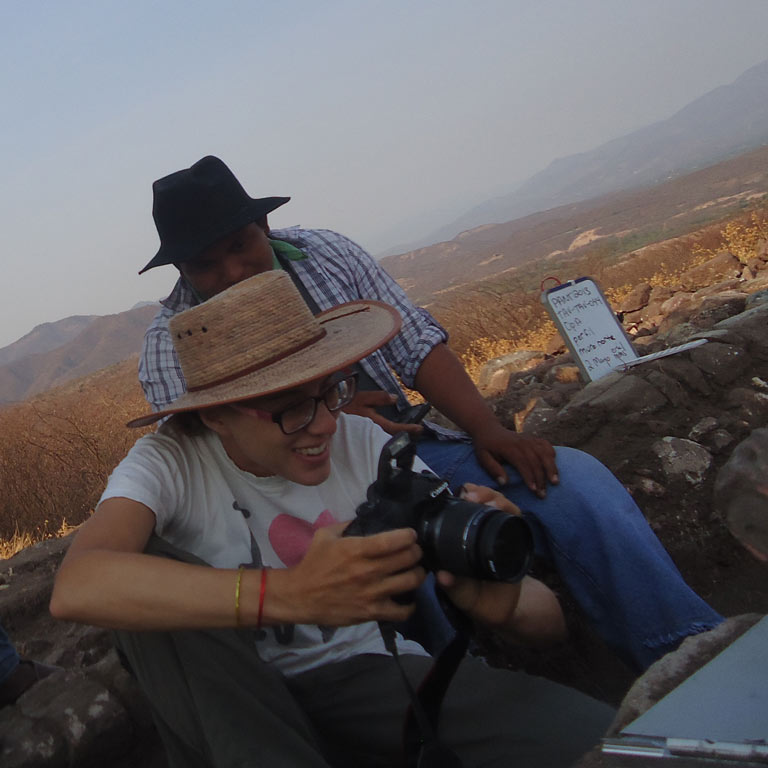In our archaeology field school, you’ll learn how to survey, map, excavate, and conduct responsible archaeology. Below are the details on our upcoming field school.
IU Field School in Archaeology

Agape Acres Site in the Mimbres River of Southern New Mexico
In the summer of 2026, the Anthropology Department, in collaboration with Western New Mexico University, will offer a six-week archaeological field school. The primary goal of this program is to train students in archaeological field methods by involving them in active, ongoing research projects in the Southwest. Archaeological field training is essential for students aspiring to professional careers in archaeology. However, our field school isn’t just for future professionals—it’s also a fantastic opportunity for anyone interested in learning more about the region’s archaeology through hands-on participation in a real excavation!
When: May 23 – July 3, 2026 Where: Fieldwork will take place at the Black Mountain Phase site (dating AD 1200–1300) in Mimbres Valley, New Mexico.
What: Students will receive 6 weeks of training in archaeological field methods, including limited survey, manual and digital mapping, excavation, feature documentation, artifact processing, and artifact analysis. Participants must be prepared for camping and for rigorous outdoor activity including walking, climbing, carrying equipment, and digging. If conditions allow, we will also take several short field trips to local sites relevant to both projects.
Course Options: The field school is an intensive 6-week field-based course, for which all students will earn 6 credit hours. Students can apply for admission to the field school through one of the following course options:
· ANTH P-480: Fieldwork in Archaeology. No prerequisites.
· ANTH A-595: Archaeological Field School. Prerequisite: graduate student status.
Cost: Students will be charged tuition for 6 credits, and we will also charge a course fee of $1900 to cover transportation, food, and facilities. Tuition rates vary depending on the semester, resident or non-resident status, and graduate or undergraduate status.
Questions? Contact the project director: Dr. Fumi Arakawa (farakawa@iu.edu).



 The College of Arts
The College of Arts